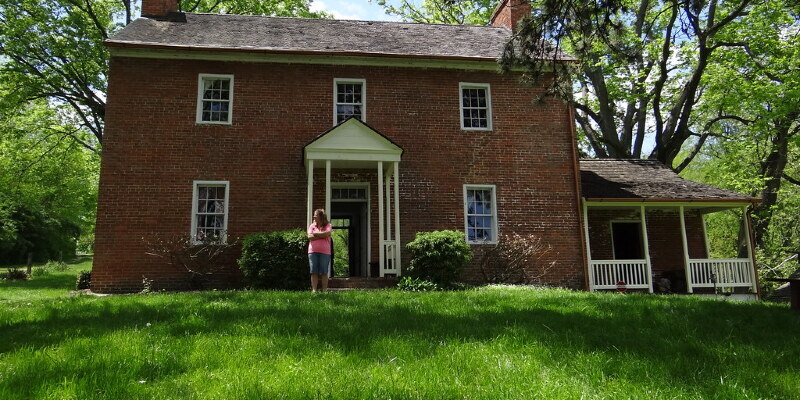
HUD homes can save yourself a house buyer money, but need thorough research before purchase. The Department of Housing and Urban Development oversees the Federal Housing Administration. The FHA backs mortgage loans made by private lenders to eligible borrowers to encourage affordable home ownership in the U.S.
Function
HUD insures mortgages that are backed by the FHA against borrower default option to entice lenders to give mortgages to home buyers. Borrower default happens when the borrower ceases paying the mortgage loan. A house with a HUD-insured loan that’s foreclosed on can turn into a HUD house, as stated by the Department of Housing and Urban Development. HUD pays the lender the amount of the guaranteed loan that’s owed after the foreclosure. The creditor then deeds, or transfers the possession of the house, back to HUD. HUD sells the house to recover the money paid to the lender.
Outcomes
HUD homes can have an assortment of problems related to the factors that led to foreclosure. Homes that have been left for a time period can have pest issues and serious damage from weather elements or vandalism. Damage from major repairs that weren’t done can also be a problem, such as mold out of a leaky roof. The former owners of the HUD home may have imposed property damage before moving as a reaction to the foreclosure. A HUD house can lack major fixtures, such as pipes and bathrooms, due to removal from the owner.
Benefits
HUD will have the house appraised, or assessed by an expert to ascertain the worth, before putting the property on the market. HUD homes are sold at actual value, or what the appraiser deems the house is worth in the present condition, based on HUD. The assigned value of the HUD house will reflect the investment required by the buyer to make necessary repairs. HUD offers programs and incentives to buyers of HUD houses, such as the FHA 203(k) Rehabilitation Loan, a distinctive mortgage that permits the borrower to put the cost of the house along with the estimated repair costs together in one loan. Buyers can ask HUD cover the final costs. Closing costs can climb over $1,000, and include filing fees for deeds and loan preparation fees.
Factors
HUD homes are sold”as-is,” with no warranty or guarantee about the house’s condition. HUD won’t make repairs or fix any potential problems, so a prospective buyer is invited to obtain a house inspection. The beginning of the selling period to get a HUD house is known as the offer period. Buyer must submit bids during the offer period. HUD homes that aren’t sold during the offer period are opened to all predictions, and HUD will accept the bid that makes it possible for the agency to recover the maximum money.
Misconceptions
HUD housing programs generally are geared toward individuals using low-to-moderate incomes, but HUD houses can range in cost and are readily available to any buyer who can obtain funding, irrespective of income. HUD does sell houses for $1 to housing agencies and nonprofit entities, but not to private individuals or businesses. Investors can purchase HUD homes. There is a priority period when a HUD home is available for buyers that will occupy the house, but after the period has passed, the residence is opened for investors, in accordance with HUD.

